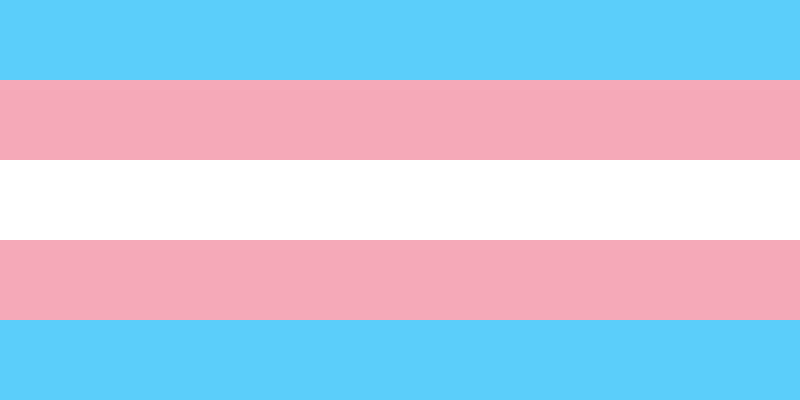Layers and Interpretations
/You shall not murder. -Exodus 20:9
When I was a little girl in Sunday school, I had to memorize the ten commandments. To help myself remember, I knew the first five were about what I was supposed to do and the second five were the “shalt nots.” I was determined as an 8 year old to keep all the commandments and be a good girl. Looking back as an adult, I think: wouldn’t the world be such a better place if there were five simple things to do and five not to do and everything would be just fine?
But ask any attorney about the depth of the law and they’ll tell you that what seems like a simple rule has many layers and interpretations. There’s the letter of the law and the spirit of the law and everything in between. Lawyers have volumes and volumes of books in their libraries attesting to the many layers and interpretations of laws.
I decided to take a deep dive into the sixth commandment, one of the simplest of the ten, it seems. Because I have never murdered anyone, I’m grateful to say. (Phew! Nailed it!) I have no intention of murdering anyone. But …… I have probably murdered a million insects with my car. I’ve given people I’m furious at murderous looks. I’ve erased people from my life and compassion, as if saying, “You’re dead to me.” And what if I had the deep misfortune of killing someone accidentally in a car crash? Would that be murder? Is raising animals just to kill and eat them murder? And right now our country is in an uproar over whether or not what happened to Brionna Taylor was murder. So, what seems on one level to be a very simple command is not so simple, really. There are many layers and interpretations of a law. And if I admit that there are layers and interpretations, I can’t claim to have done what I aspired to do at age 8. I’ve broken all ten commandments rather frequently and repetitively, if I’m to be honest. With certain layers and interpretations, I’ve broken even the one about murder.
Layers and interpretations also come into play for me as I delve deeply into the issue of race though our “Me and White Supremacy” class this fall. I’m facing the deep complexities of the sin of racism, which is a painful part of the history and fabric of our society. Taken simply, I am not a White Supremacist. Those people wear hoods and carry torches and put disgusting things on the internet. None of the white people I know are like that. We are not White Supremacists. We are not racists. We are good hearted people.
But that’s the simple, 8 year old interpretation of racism. There are layers that need to be unpacked, nuances that need to be acknowledged and injustices that are not just in the past, but continue among us right now, rooted in a long, hurtful history.
I live in a context in which the sin of racism has benefitted me personally in a number of ways. My family is not descended from being owned by other people and forced to work as slaves for generations, causing lasting and traumatic wounds in my family system, or in my racial community. My grandparents immigrated to this country and were able to settle wherever they chose. They were welcomed to vote and take civic leadership. My parents, first generation Americans, were able to build a comfortable life in a town known for having good schools, with a local mill eager to hire a young, white officer fresh home from the war at a decent wage with benefits. Building blocks like these created a strong foundation for me, providing me with a loving family, a good education, economic advantages and lots of comfort.
My mother told me that her father used to extol America, where a poor boy with nothing could come from Sweden and earn enough to buy his own dairy farm. He was a very hard worker, and the American dream was a reality for him. Meanwhile, Black people at that time, whose families had been in this country since the seventeenth or eighteenth century as slaves were not welcome in his small CT community, could not vote in many states at the time, and did not have the advantage of land ownership, good schools or representative leadership.
My father’s father left Sweden to avoid taking over the family banking business and was completely disowned for doing so. Unlike my other grandfather, he was not a hard worker. However, his aristocratic upbringing and education opened doors for him and he lived a comfortable life with the help of others, even though he ‘never amounted to much’ and enjoyed drinking to a fault. Had he been Black, how would his lack of initiative and addiction been received? Would he have been granted a job as a manager in an upscale building in Brookline, MA, where my father got a great education?
The American dream says that everyone - everyone - if they just work hard enough - can get into the game and make something of themselves. Everyone can compete here, or at least, that’s what my white family would say. And while they said it and lived it and experienced it as the truth and credited their own hard work and cleverness with having a good life, there were others who could work just as hard and who were just as clever who where prohibited from competing or even participating because of systemic laws that kept them on the sidelines, arrested them or even killed them when they dared challenge the system that oppressed them because of their skin color.
I am not a white supremacist or a racist. But I have absolutely benefited from the systemic racism of our society. I am not personally familiar with the experience of being Black in America, and if I don’t care to learn more, I have the privilege of never having to know. I can watch the demonstrations over police violence toward people of color and choose to say either, “good for them” or “they’re getting too strident and demanding,” from the comfort of my own home. As a white person, I do not have to pay any attention to the effects of racism if I don’t want to. I could just say I’m not a racist and that would be that. But it’s not so simple.
Thou shalt not murder. It’s challenging to face the way that the whiteness of my skin, has benefited me and disadvantaged others. It’s challenging to figure out how to work on being a better ancestor for generations yet to come. It’s challenging to figure out what to do with the advantages I’ve been given to support justice. But if I have any special advantages in my society, I’d like to find ways to use them as good tools to advocate for to those whose heritage includes slavery, beatings, lynchings, and the denial of civil rights. I want to care enough about all God’s children to challenge a societal system that still wounds, intimidates, shuts out, insults, ignores, passes over, imprisons or shoots people of color at a percentage far higher than those who are white. I’m choosing to get out of my comfort zone to understand the system I live in and how it affects others who do not have a white experience like mine. It makes me feel vulnerable, but my faith teaches me that vulnerabillty is where the transformation is.
So am approaching this with faith, not with politics. I have a savior who knows better than any of us what we need to do, and I’m being called to face the sin of racism in order to better understand the gospel commands. I need an advocate and a savior who can show me a better way to live into the deep levels and interpretations of my baptismal promises:
To persevere in resisting evil, and, whenever I fall into sin, repent and return to the Lord
To proclaim by word and example the Good News of God in Chrrist
To seek and serve Christ in all perrsons loving my neighbor as myself.
To strive for justice and peace among all peple, and respect the dignity of every human being.
I will, with God’s help.
Our readings for this week are HERE. Ordinary time offers many readings to contemplate each Sunday. Track 1 will lead you through certain Old Testament books week by week more in depth. Track 2 provides an Old Testament text that is meant to compliment the Gospel of the week.








